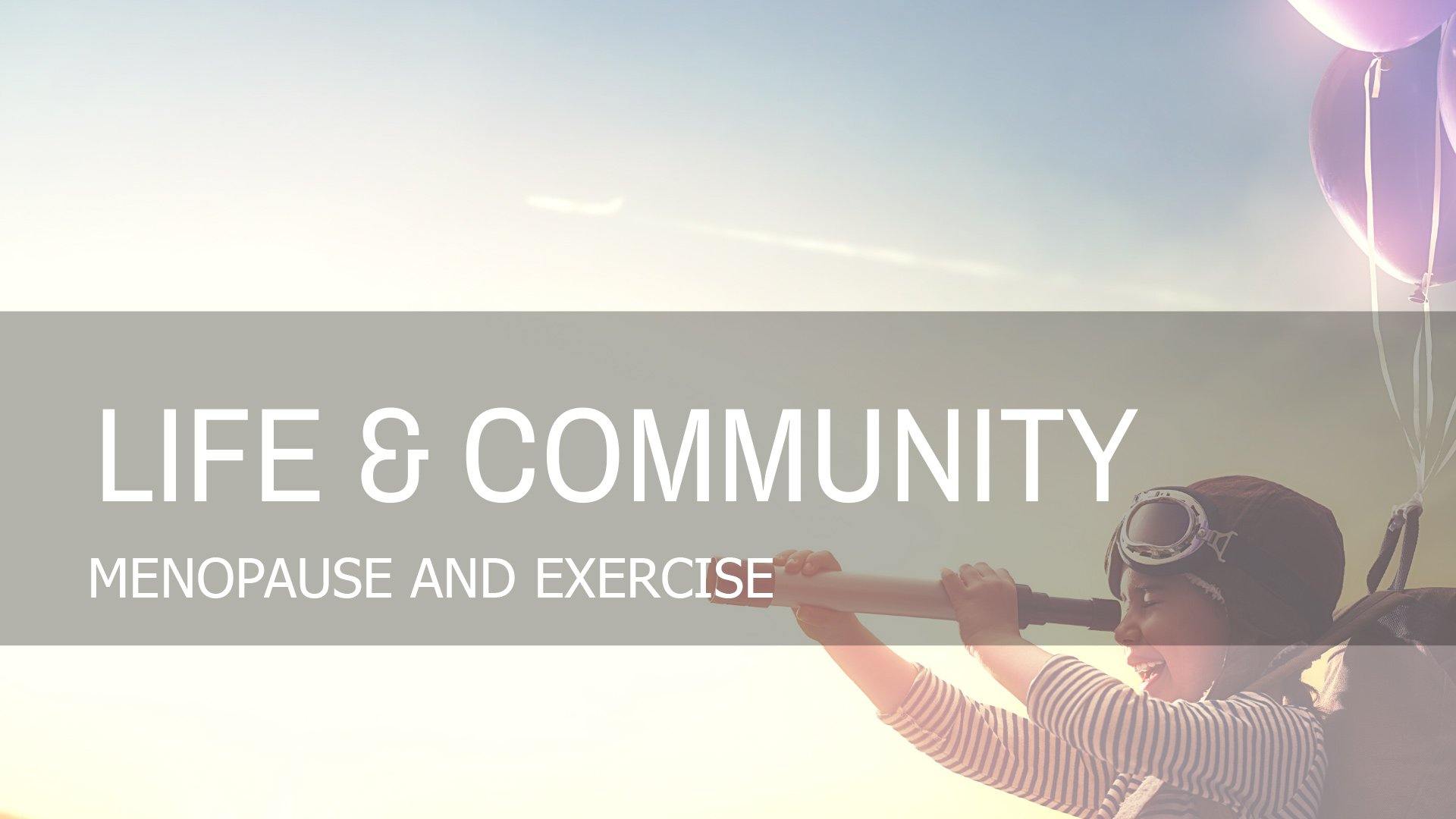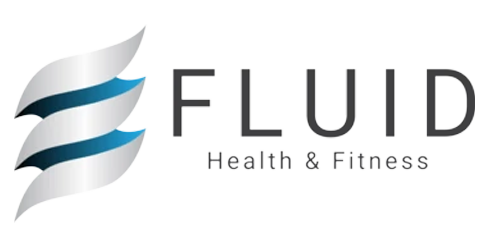
Mar 23 , 2021
Menopause and Exercise
What Is Menopause?
Menopause is the biological process when women stop having menses (the ability to ovulate and reproduce), in their 40s and 50s. Biochemically, this means that the production of the female sex hormones, estrogen and progesterone, is stopped. Estrogen plays a role in the health of the bones, muscles, organs, bladder, pelvis as well as the brain (cognition and mood). As a result, menopause can lead to hot flashes, moodiness, impaired concentration, loss of bone and muscle mass (which can lead to weight gain), and an increased risk of heart disease and osteoporosis.e
Treatments for Menopause
- Estrogen replacement therapy or prescription-strength medications
- Over-the-counter creams and ointments to help with vaginal irritation and dryness
- Low-dose birth control often have a mix of estrogen and progesterone
- Herbal supplements (black cohosh, red clover, dong quai, ginseng, kava, evening primrose oil, etc.)
In addition to the aforementioned treatments, moderate exercise (ex. brisk walking, biking, resistance training/cardio) for a total of 150 minutes a week is beneficial to alleviate the symptoms of menopause and to maintain health. The benefits of exercise include the following:
- Reduces the risk of getting cardiovascular disease, osteoporosis, cancer
- Weight management
- Increase in bone density (especially with resistance training)
- Helps with mood and sleep regulation
- Increases the metabolism
Because of the nature of the big transition, exercise is a great tool to maximize one’s health. Also, remember to stretch beforehand and start out with the exercise!
References
https://journals.lww.com/acsm-healthfitness/fulltext/2011/05000/exercise_prescription_for_the_menopausal_years_.6.aspxhttps://www.womenshealth.gov/menopause/menopause-treatmenthttps://www.menopause.org/for-women/menopauseflashes/menopause-symptoms-and-treatments/natural-remedies-for-hot-flashes
